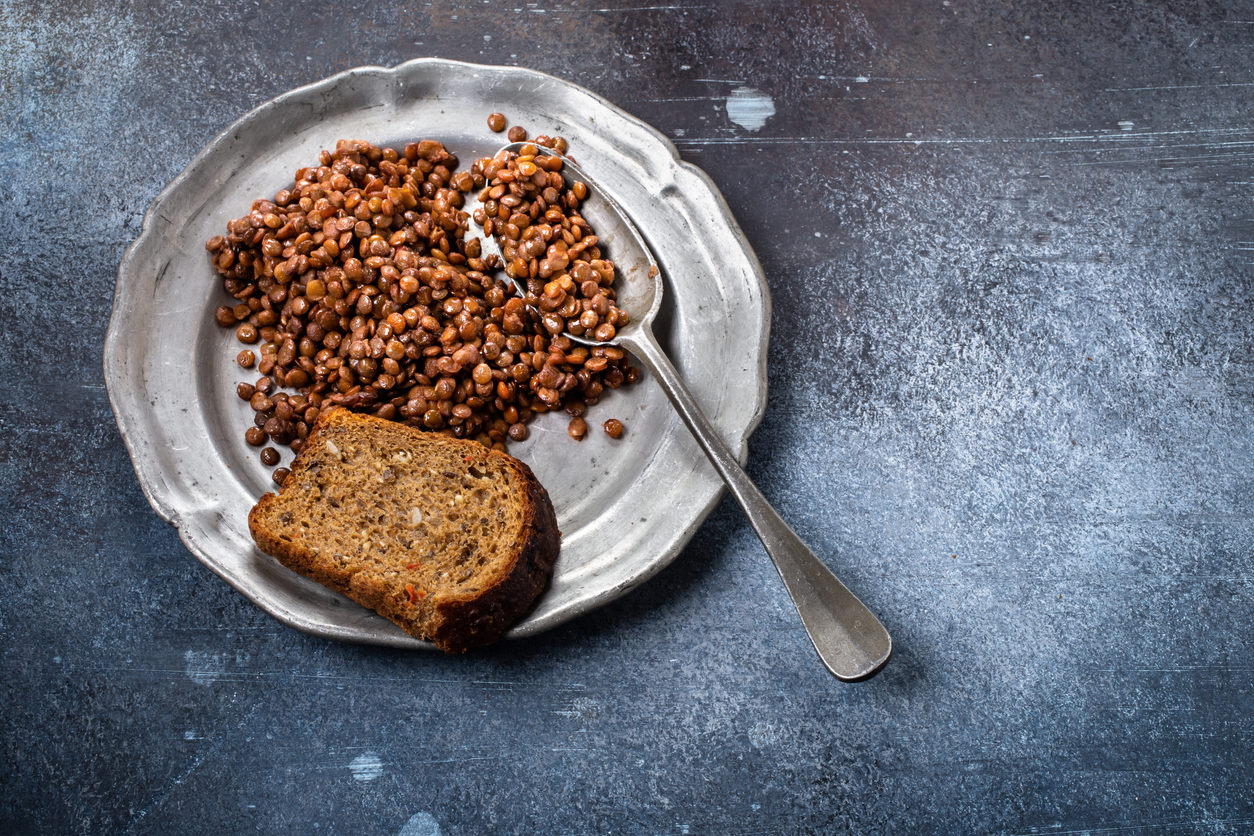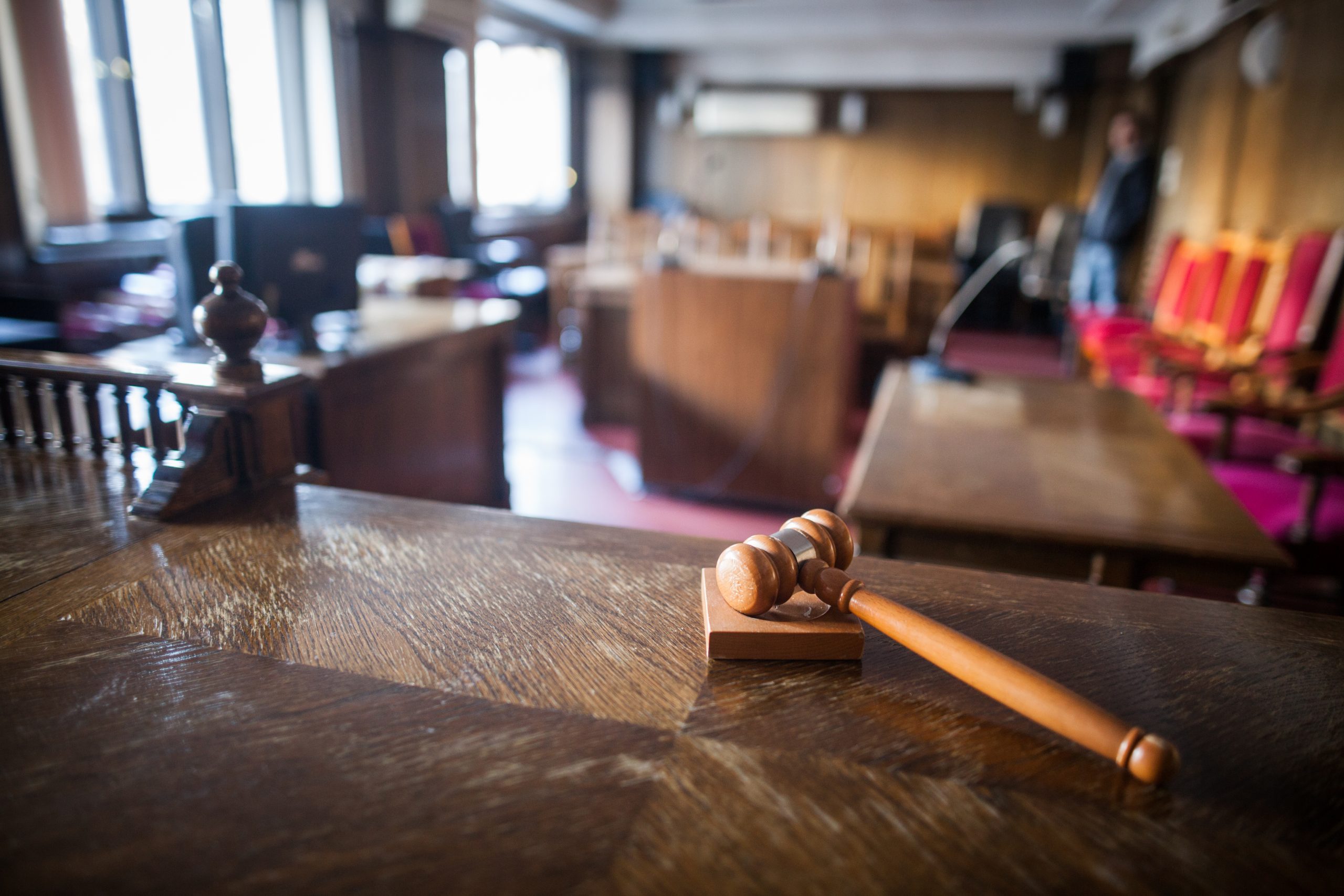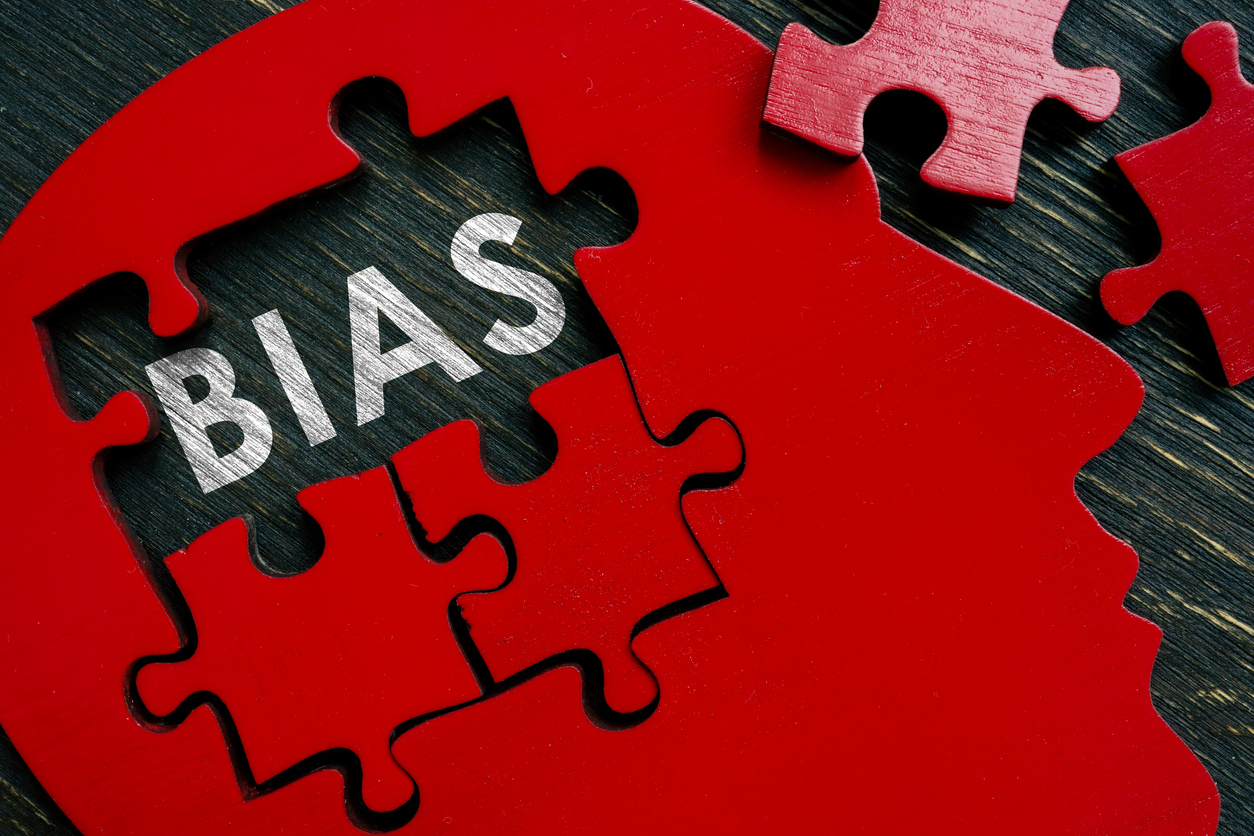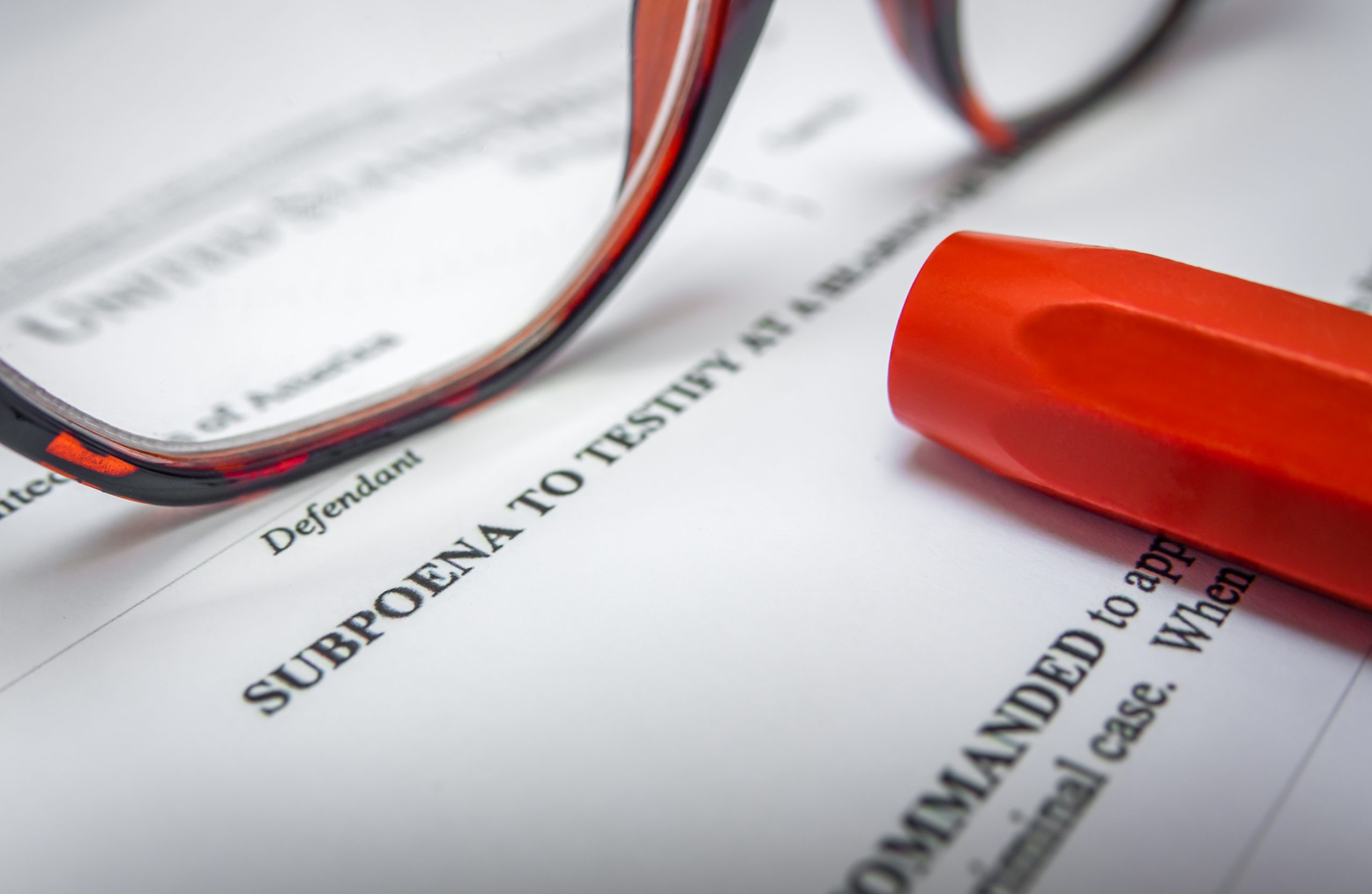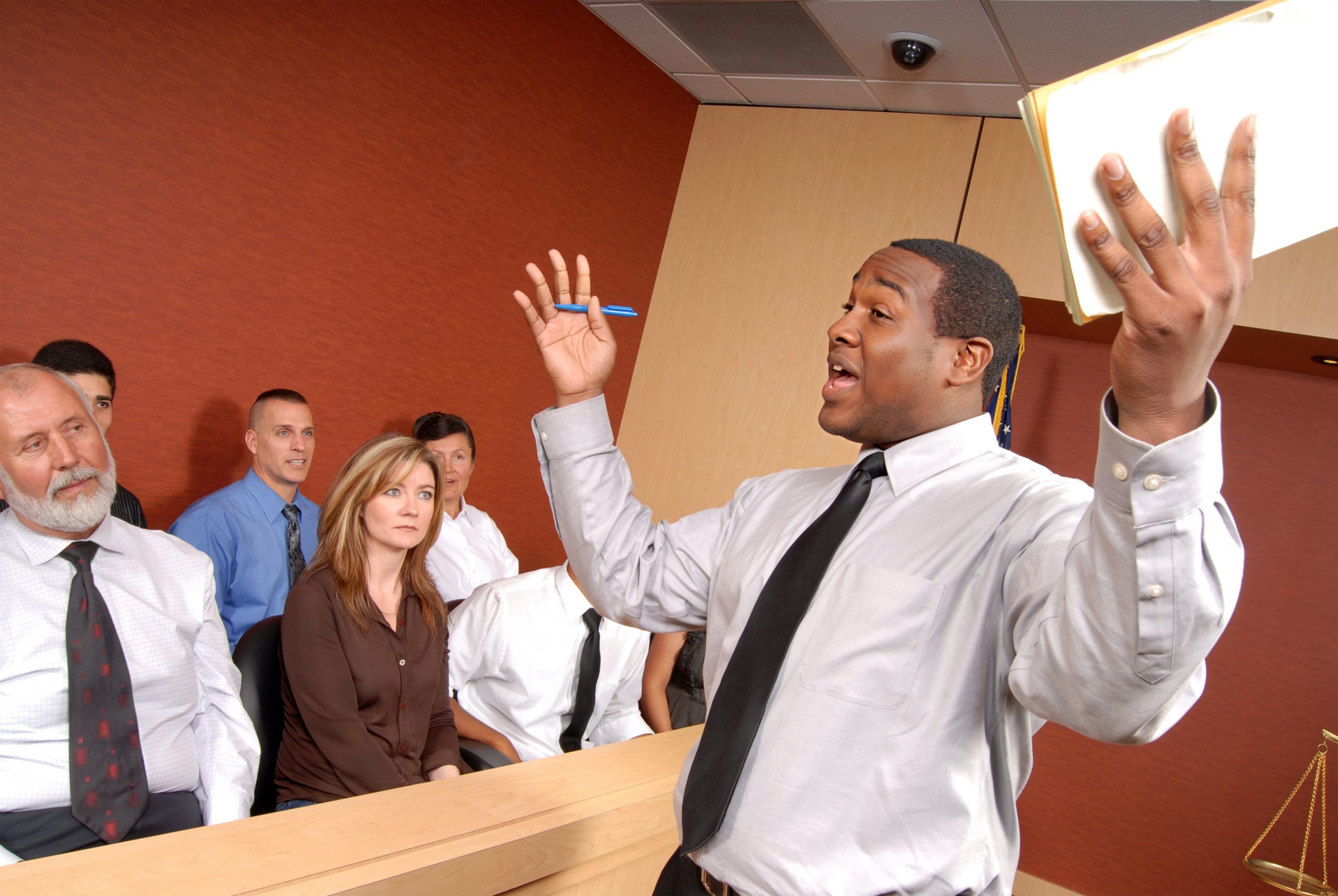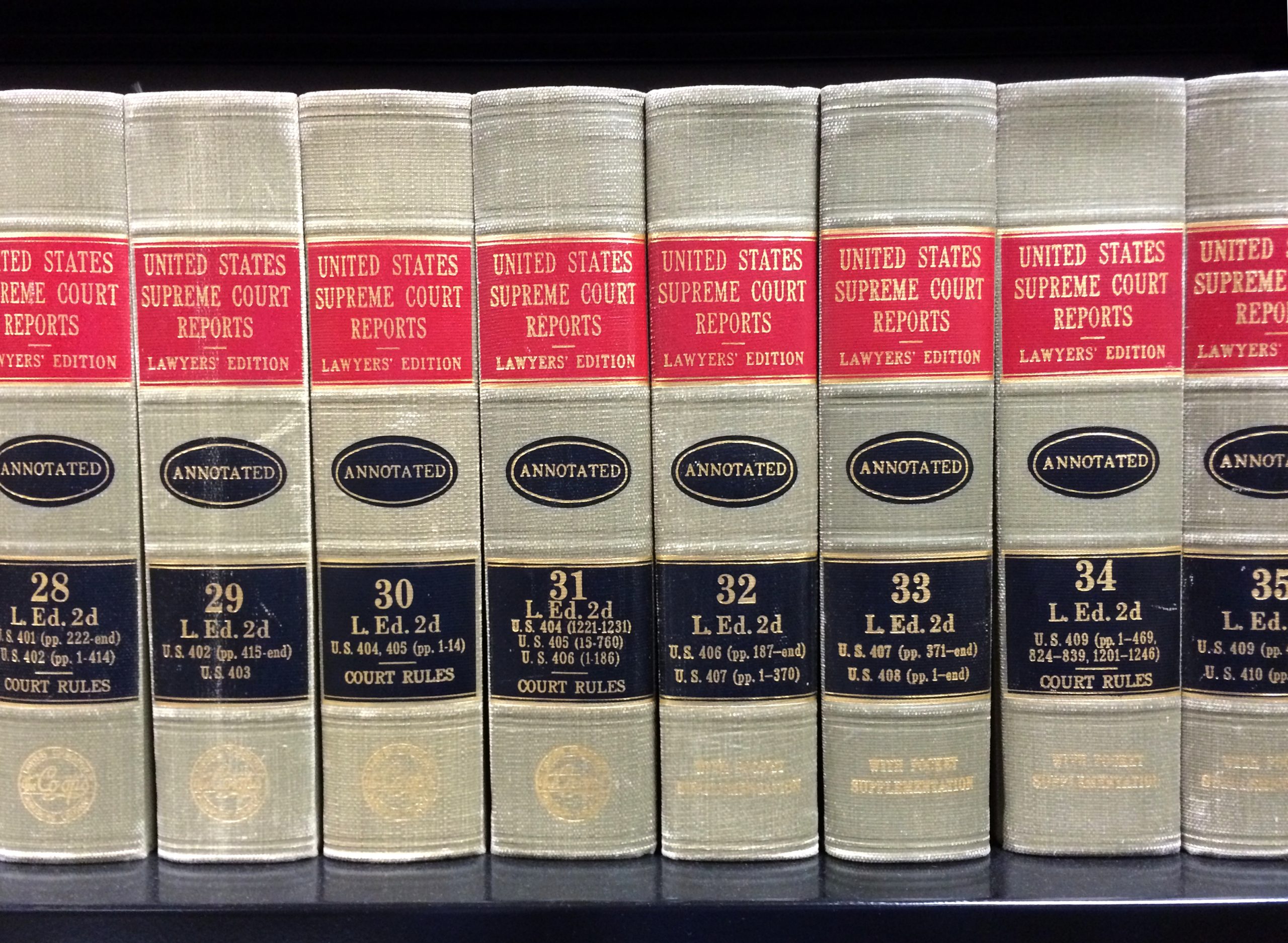Blog Posts
Is The Food In Prisons And Jails Safe To Eat?
Food in jails and prisons is supposed to be safe. But that doesn’t always mean it is. Without set rules, food safety is not guaranteed.
READ MOREWhat Constitutional Errors are “Harmless”? How does it Affect you?
Some constitutional violations even though errors are not erroneous. Those are harmless constitutional errors. As per this rule, courts do not consider unimportant errors occurring during a trial. It means that not all constitutional violations can get you a dismissal, a new trial or appeal otherwise.
READ MOREHow to Challenge a Prison’s Decision not to Give you a Diet Consistent with your Religion?
If you or your loved ones are denied a diet consistent with your religion in prison you can challenge it in court. There are constitutional as well as legal protections to challenge it.
READ MOREWhat Can You Do If You Think Your Judge Has A Bias?
You have the right to a fair trial under the Sixth Amendment. This includes the right to a fair judge who does not have a bias against you.
READ MOREHow to Subpoena Witnesses for Your Trial
In some cases, you may want to bring a witness or an important document to the court to prove your claim. You or your attorney can do so by issuing a subpoena to a person or institution to testify or produce the requested documents. A subpoena is a court command that compels a person to do what is requested.
READ MOREWhat Is A Motion For A New Trial In A Criminal Case?
If convicted of a crime, you can appeal. But you can also file a motion for a new trial in the court where your criminal case happened.
READ MOREWhat Do You Do If a Prosecutor Strikes Jurors Based on Race?
A prosecutor might try to exclude a juror on the basis of race or other discriminatory grounds. You can object to this by raising a Batson challenge.
READ MOREWhat Does It Mean When A Prosecutor Commits A Brady Violation?
A Brady violation occurs when prosecutors withhold evidence that would help the defendant, and they can result in overturning a conviction.
READ MOREHow Do You Know What Caselaw Applies to Your Case?
If you are facing a trial, the final decision in your case may be based on rules of law created by previous cases. “Caselaws” or “precedents” means the rules established by those previous cases. The judge cites the caselaws as an example to justify their present case decisions.
READ MOREWhat Arguments Can You Make In A Criminal Appeal?
If you’ve been convicted of a crime, you’re probably already thinking about what arguments will work best to appeal in your criminal case.
READ MORE